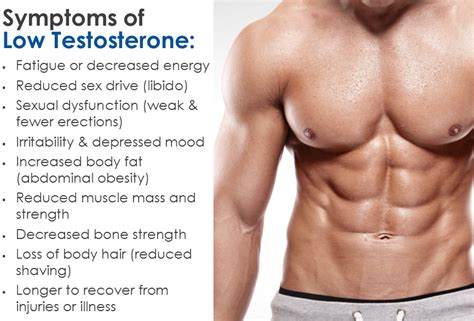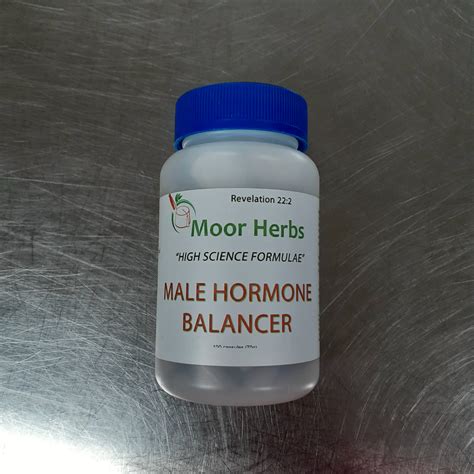How to optimize male hormone health for peak energy, drive, and performance?

Understanding Male Hormone Health
Optimal male hormone health is fundamental not just for reproductive function, but for sustaining peak energy levels, mental clarity, libido, and overall physical performance. While testosterone often takes center stage, a complex interplay of hormones like DHEA, cortisol, and thyroid hormones all contribute to a man’s vitality. When these hormones are in balance, men experience heightened drive, improved mood, and robust physical capabilities. Conversely, imbalances can lead to fatigue, decreased libido, weight gain, and reduced cognitive function.
Maintaining healthy hormone levels isn’t solely about avoiding deficiency; it’s about optimizing the endocrine system to thrive. This comprehensive guide explores evidence-based strategies to naturally enhance your hormonal profile and unlock your full potential.

Pillars of Hormonal Optimization
1. Nutrition: Fueling Your Endocrine System
Diet plays a critical role in hormone production and regulation. What you eat directly impacts testosterone synthesis, insulin sensitivity, and inflammation levels.
- Healthy Fats: Incorporate monounsaturated and polyunsaturated fats from sources like avocados, nuts, seeds, olive oil, and fatty fish (salmon, mackerel). These are crucial precursors for steroid hormones, including testosterone.
- Quality Protein: Adequate protein intake from lean meats, poultry, eggs, and legumes supports muscle maintenance and overall metabolic health, which indirectly aids hormone balance.
- Complex Carbohydrates: Choose whole grains, fruits, and vegetables over refined sugars and processed carbs. Stable blood sugar levels prevent insulin spikes, which can negatively impact testosterone.
- Micronutrients: Pay special attention to Zinc (oysters, beef, pumpkin seeds), Vitamin D (sunlight, fatty fish, fortified foods), Magnesium (dark leafy greens, nuts), and Vitamin K2 (fermented foods). These are vital cofactors in hormone synthesis and function.
Avoid excessive alcohol, processed foods, and high-sugar diets, which can disrupt hormonal balance and contribute to inflammation.
2. Exercise: Build Strength, Boost Hormones
Physical activity, particularly resistance training, is a powerful stimulator of testosterone and growth hormone production.
- Strength Training: Focus on compound exercises (squats, deadlifts, bench presses, rows) that engage multiple muscle groups. Aim for 3-4 sessions per week with adequate recovery.
- High-Intensity Interval Training (HIIT): Short bursts of intense exercise followed by brief recovery periods can also significantly boost testosterone and human growth hormone (HGH).
- Avoid Overtraining: While exercise is beneficial, excessive or prolonged cardio without sufficient recovery can elevate cortisol (stress hormone) and potentially suppress testosterone. Listen to your body and prioritize recovery.

3. Sleep: The Unsung Hero of Hormone Production
Quality sleep is non-negotiable for hormone health. The majority of testosterone production occurs during deep sleep stages.
- Aim for 7-9 Hours: Consistent, high-quality sleep is crucial. Even a few nights of restricted sleep can significantly lower testosterone levels.
- Establish a Routine: Go to bed and wake up around the same time each day, even on weekends.
- Optimize Your Sleep Environment: Ensure your bedroom is dark, quiet, and cool. Avoid screens (phones, tablets, TV) at least an hour before bedtime.

4. Stress Management: Taming Cortisol
Chronic stress leads to elevated cortisol levels, which can directly suppress testosterone production. The body prioritizes survival (fight-or-flight) over reproductive functions when stressed.
- Mindfulness & Meditation: Regular practice can significantly reduce stress and lower cortisol.
- Hobbies & Relaxation: Engage in activities you enjoy that help you unwind, whether it’s reading, spending time in nature, or listening to music.
- Deep Breathing Exercises: Simple techniques can quickly calm the nervous system.
5. Lifestyle Factors & Environmental Awareness
- Limit Alcohol & Quit Smoking: Both alcohol and nicotine have detrimental effects on hormone production and overall health.
- Avoid Endocrine Disruptors: Be mindful of exposure to xenoestrogens found in plastics (BPA, phthalates), pesticides, and certain personal care products, which can mimic estrogen and disrupt hormonal balance. Opt for glass containers and organic produce where possible.
- Maintain a Healthy Weight: Excess body fat, especially visceral fat, can increase estrogen levels through an enzyme called aromatase, thereby reducing free testosterone.

When to Seek Professional Guidance
While lifestyle changes are powerful, it’s essential to consult a healthcare professional, especially if you suspect a significant hormonal imbalance. Blood tests can provide a clear picture of your current hormone levels (total and free testosterone, estrogen, DHEA, cortisol, thyroid hormones) and guide personalized interventions. Never self-diagnose or self-prescribe hormone therapies or strong supplements without medical supervision.

Conclusion: A Holistic Path to Peak Performance
Optimizing male hormone health is a journey that requires a holistic approach, integrating mindful nutrition, consistent exercise, restorative sleep, effective stress management, and smart lifestyle choices. By committing to these fundamental pillars, men can not only prevent age-related decline but actively enhance their energy, sharpen their drive, and elevate their overall performance and quality of life. Embrace these strategies as a sustainable path to lasting vitality and well-being.









